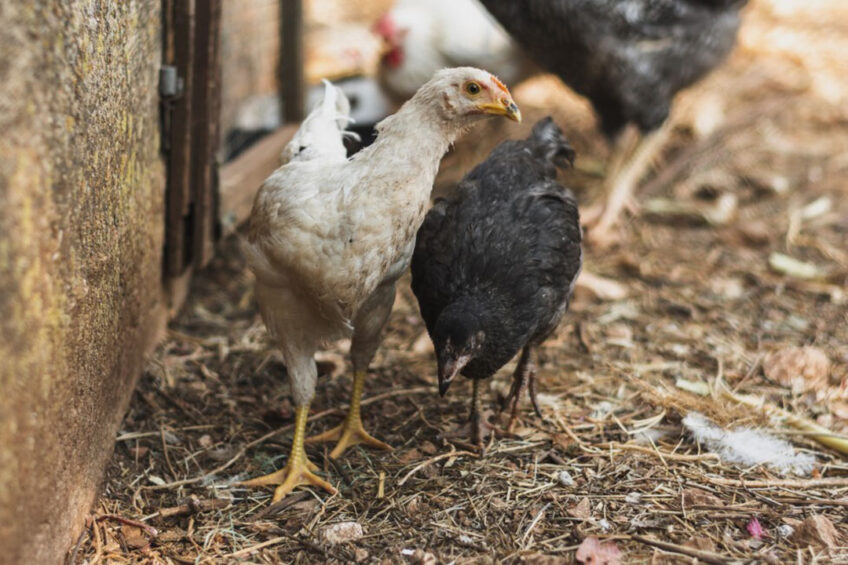Chicken the favourite in Kenya as the sector continues to develop

Chicken topped the orders list as the most ordered item, according to the Bolt Food platform, with customers requesting the dish over 30,000 times throughout the year.
The food delivery business “exploded” in the wake of the Covid-19 pandemic because of the restrictions on the opening of hotels and restaurants.
Meanwhile, about 50 million birds are slaughtered in Kenya annually, with 92.6% of the population frequently eating chicken, reports the FAO. The organisation also reported that at least 45 million Kenyans frequently consume chicken, with 27.6% of the total population eating a meal with chicken weekly.
And, consumption is anticipated to continue to rise. FAO-Kenya’s animal production and value chain analysts, Stephen Gikonyo, estimates that consumption of poultry meat and eggs is projected to rise to 92,000 tonnes (up 289%) and 245,000 tonnes (up 211%), respectively, by 2050.
Poultry farming fuels rural economies
Poultry farming is a developing sector in Kenya. One such project aimed at boosting the sector is the National Agricultural and Rural Inclusive Growth Project (NARIGP), which recently allocated Sh 81.9 million to boost poultry farming in Bungoma County, an area in the west of the country.
NARIGP is funded by the government of Kenya and the World Bank/International Development Association and has seen farmers’ earnings leap from Sh 33 million in 2018 to Sh 300 million currently. Farmers contributed 10%.
Training across the poultry production chain
NARIGP County Coordinator in Bungoma, Rebecca Lusweti, says the entry of the NARIGP project in 2018 changed everything and allowed numerous communities to align themselves to the chicken value chain. Farmers were trained on incubation, vaccination, feeding, brooding, housing and marketing.
Farmers were issued with incubator machines, which saw hatching capacity increase to 10,000 chicks per cycle. Feed formulation equipment, mixers, millers, and raw materials were also offered, and farmers were taught how to formulate their own feeds. In addition, more than 100 chicken houses were erected.
According to Lusweti, through the project, the average number of live chickens has increased from 10 birds to an average of 100 birds per farmer.
She said farmers now enjoy chicken rearing as they have increased knowledge and have access to fertile eggs, chicken feeds, raw materials for feed formulation, vaccines, drugs and chicken marketing.
 Beheer
Beheer











 WP Admin
WP Admin  Bewerk bericht
Bewerk bericht